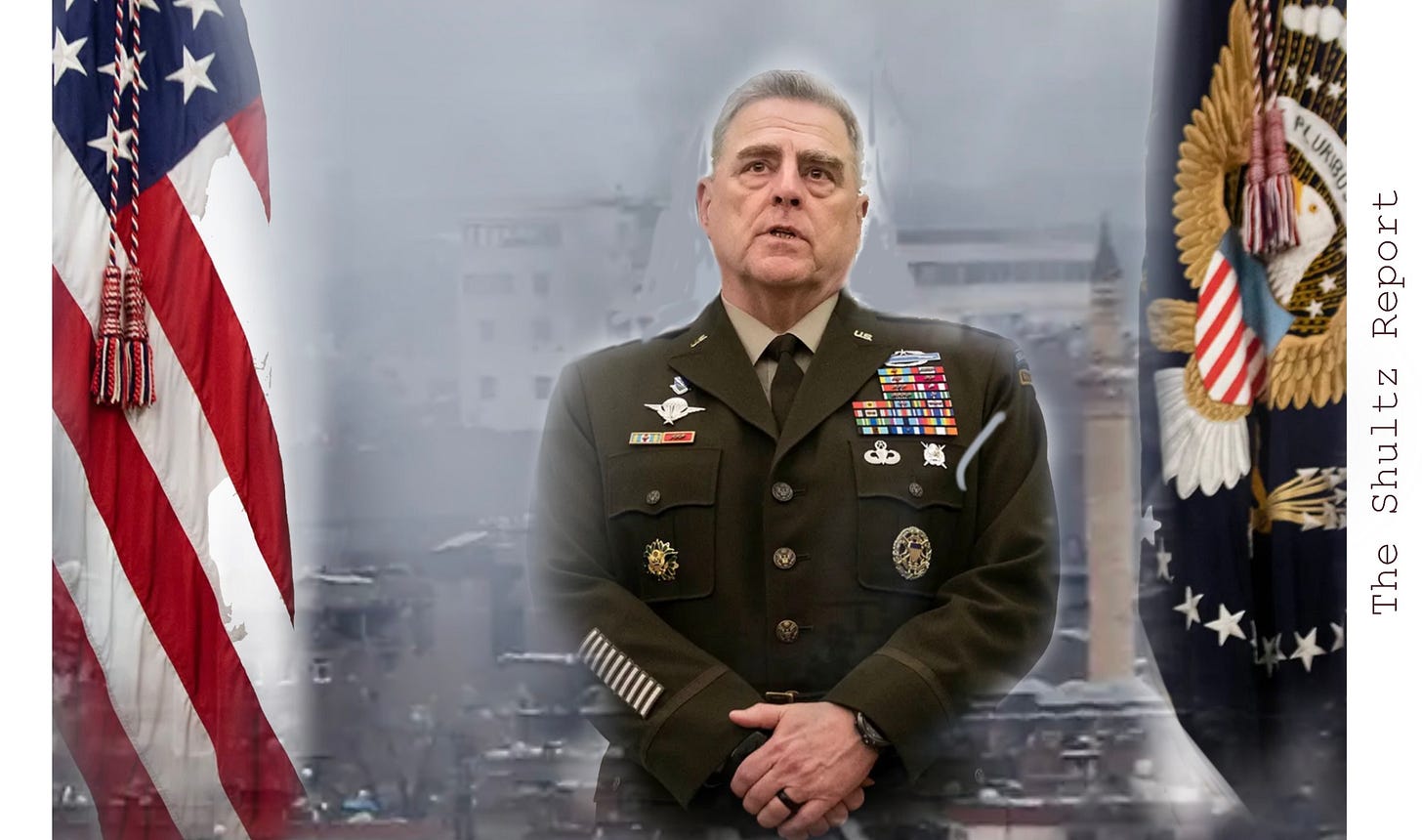The Joint Chiefs of Staff (JCS) is a crucial component of the United States' military command structure. Comprised of the highest-ranking military officers from each branch of the armed forces, including the Army, Navy, Air Force, Marine Corps, and Space Force, the JCS serves as the principal military advisory body to the President of the United States and the Secretary of Defense. The primary role of the Joint Chiefs of Staff is to provide expert military advice, counsel, and recommendations on national security matters. They assist in formulating defense policies, developing military strategies, and making informed decisions regarding the nation's armed forces. Understanding the responsibilities and dynamics of the Joint Chiefs of Staff sets the stage for further exploration of their involvement in the Military-Industrial Complex and its implications.
Following World War II, the United States experienced a significant shift in its defense and industrial landscape. The ongoing Cold War with the Soviet Union necessitated a continuous build-up of military capabilities, leading to increased defense spending and a growing reliance on defense contractors to meet the demands of a rapidly expanding military complex. The JCS’s close ties to the defense industry leads to questions surrounding their ability to be manipulated into supporting policies that benefit the industry at the expense of the military and taxpayers.
The JCS emphasizes the development of advanced weapons systems which leads to a preference for high-tech solutions rather than diplomatic or non-military approaches. The implications for international relations and global security are immense. The revolving door phenomenon, where retired military personnel transition into lucrative positions within the defense industry, creates a potential conflict of interest and raises questions about impartial decision-making and accountability within the military-industrial nexus.
Driven by their belief in military superiority, the JCS routinely advocates for military interventions, prioritizing the promotion of conflict to ensure continued profit for defense contractors. Their recommendations and strategic priorities in the budgeting process heavily influence resource allocation, directing substantial funding towards the procurement of advanced weaponry.
The public has to understand the forces that drive war and the subsequent atrocities if the national security objectives are to align with broader considerations of peace, stability, and the well-being of nations. Technological advancements have made the destructive capabilities of modern weapon systems far too great for the public to allow those is power to proliferate war unchecked and unnoticed.
-The Shultz Report by M. Shultz
“We do not “come into” this world; we come out of it, as leaves from a tree. As the ocean “waves,” the universe “peoples.” Every individual is an expression of the whole realm of nature, a uniques action of the total universe.” - Alan Watts




